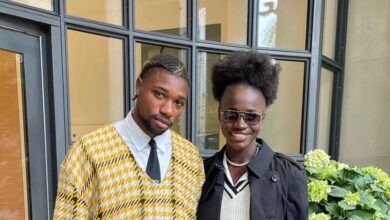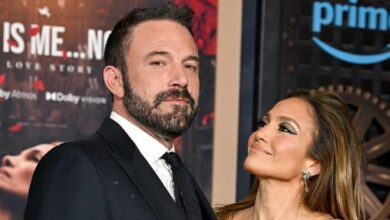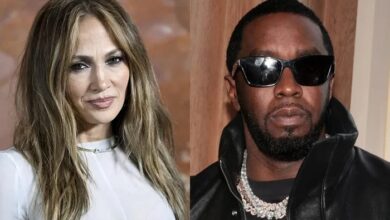Reporter Breaks Silence on Traumatizing Blake Lively Interview

Award-winning journalist Kjersti Flaa is opening up about the emotional toll of her 2016 interview with actress Blake Lively, calling it a “traumatizing” experience that left her feeling “belittled” and questioning her career.
Flaa’s candid remarks shed light on the often unseen emotional impact of celebrity interviews on journalists.
The interview, which was intended to promote Lively’s film at the time, took a distressing turn when Flaa congratulated the actress on her pregnancy. Lively’s response, “Congrats on your little bump,” was meant to be playful but struck Flaa deeply.
The journalist, who was not pregnant, found the remark especially painful due to her personal struggle with infertility. The comment left her feeling as though she had been hit “like a bullet,” and the subsequent emotional fallout has remained with her since.
In a recent exclusive interview with the Daily Mail, Flaa detailed her experience, describing how the interaction with Lively was anything but straightforward. “It was such a traumatizing experience to me,” Flaa shared.
“I was there to do a job, and they made sure to make it as difficult as possible for me to do that.”
She felt that the environment created during the interview was not only unwelcoming but hostile, undermining her professional role and emotional well-being.
Flaa’s recount of the interview reveals a sense of disillusionment. “I was there so they could promote a movie. I was invited to meet them. It certainly did not feel like that,” she reflected.
This sentiment was compounded by the fact that Lively’s comment hit Flaa at a deeply personal level. “I felt belittled and ignored, and it made me question if I ever wanted to do these types of interviews again,” Flaa admitted.
The journalist’s confidence was significantly shaken, leading her to reconsider her future in such interviews.
The emotional impact of Lively’s comment was profound and long-lasting. Flaa explained that the comment left her almost paralyzed, emphasizing how deeply it affected her sense of self. “
To be honest, it hurts because I obviously wasn’t pregnant and I could never get pregnant, so to me that comment was like a bullet,” she said.
This personal pain was compounded by her discomfort during the interview, where she felt an overwhelming urge to escape the situation.
The sense of failure and confusion that Flaa experienced was palpable. “I didn’t know how to react. I felt very uncomfortable throughout the interview and all I wanted to do was leave and get out of there as fast as I could,” she recounted.
The incident made her feel like a complete failure, as she replayed the interview in her mind, trying to understand what she had done wrong or what could have caused such an unpleasant reaction from Lively.
Flaa’s reflections also highlight a broader issue within celebrity journalism—the emotional strain placed on reporters by high-profile interviews.
“It made me feel like a complete failure. I kept going through the interview in my head afterward, trying to figure out what I had said or done to make them behave like that. It made no sense to me,” she shared.
The lingering emotional scars from the interview had a profound effect on Flaa’s professional outlook and personal self-esteem.
Read More: Britney Spears’s Exes Land in Hot Water After Biopic Adaptation News
The timing of Flaa’s revelations is notable, as it coincides with ongoing controversies surrounding Blake Lively.
The actress is currently facing backlash over her latest film, It Ends With Us, which deals with the sensitive subject of domestic violence. The film’s promotion has been marred by public scrutiny, and reports of a feud between Lively and the film’s director, Justin Baldoni, have further intensified media attention.
Flaa’s account brings a new layer of complexity to the current scrutiny surrounding Lively. It underscores the often invisible emotional burden borne by journalists working with celebrities.
The incident serves as a reminder of the need for empathy and understanding in these high-pressure interactions, where a seemingly offhand comment can have significant emotional repercussions.
The experience shared by Flaa highlights the challenges faced by journalists in the celebrity interview arena. It is a testament to the importance of considering the emotional and psychological impact of such encounters on both sides of the interview table.
As both Lively and Flaa navigate their respective public and personal challenges, this story stands as a poignant reminder of the intricate dynamics involved in the world of celebrity journalism.






